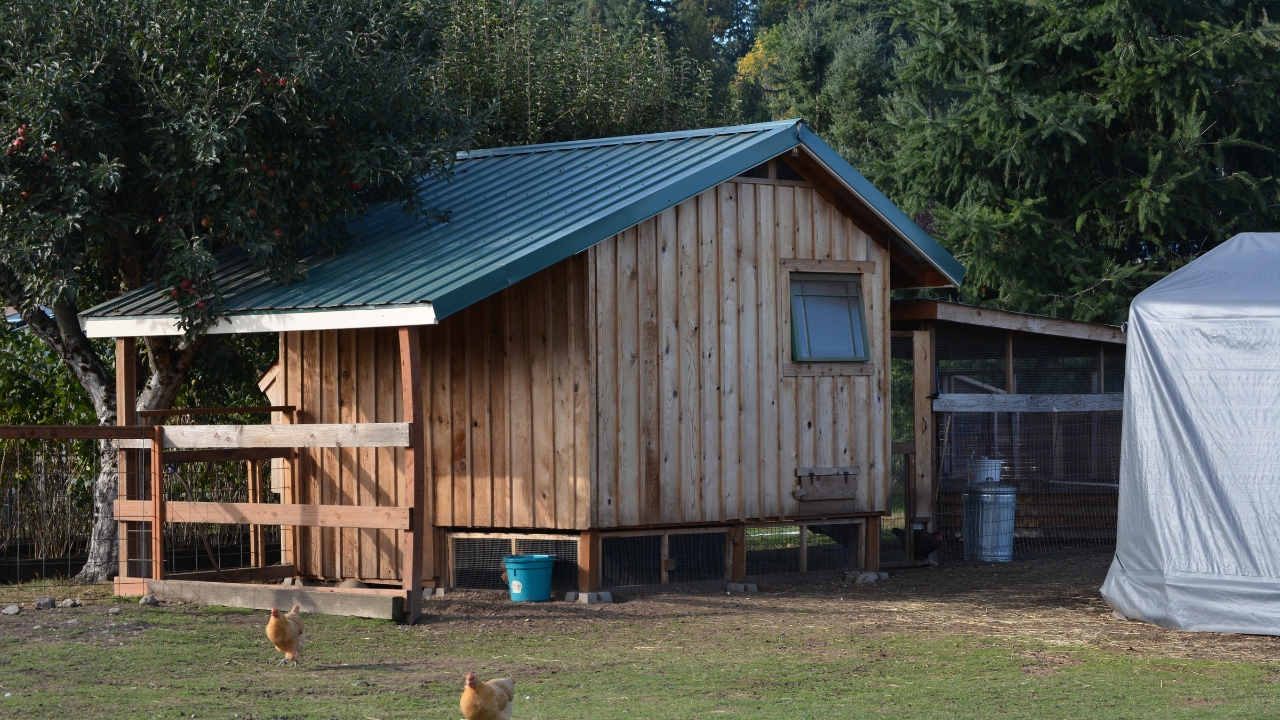The 10 Dangerous Mistakes That Could Ruin Your Chicken Coop
A good chicken coop keeps your chickens safe, healthy, and productive. The wrong setup can lead to everything from predator attacks to disease outbreaks, and once problems start, they’re not always easy to fix. Whether you’re building a new coop or maintaining an old one, avoiding these mistakes will save you a lot of trouble down the road.
Weak or poorly secured fencing
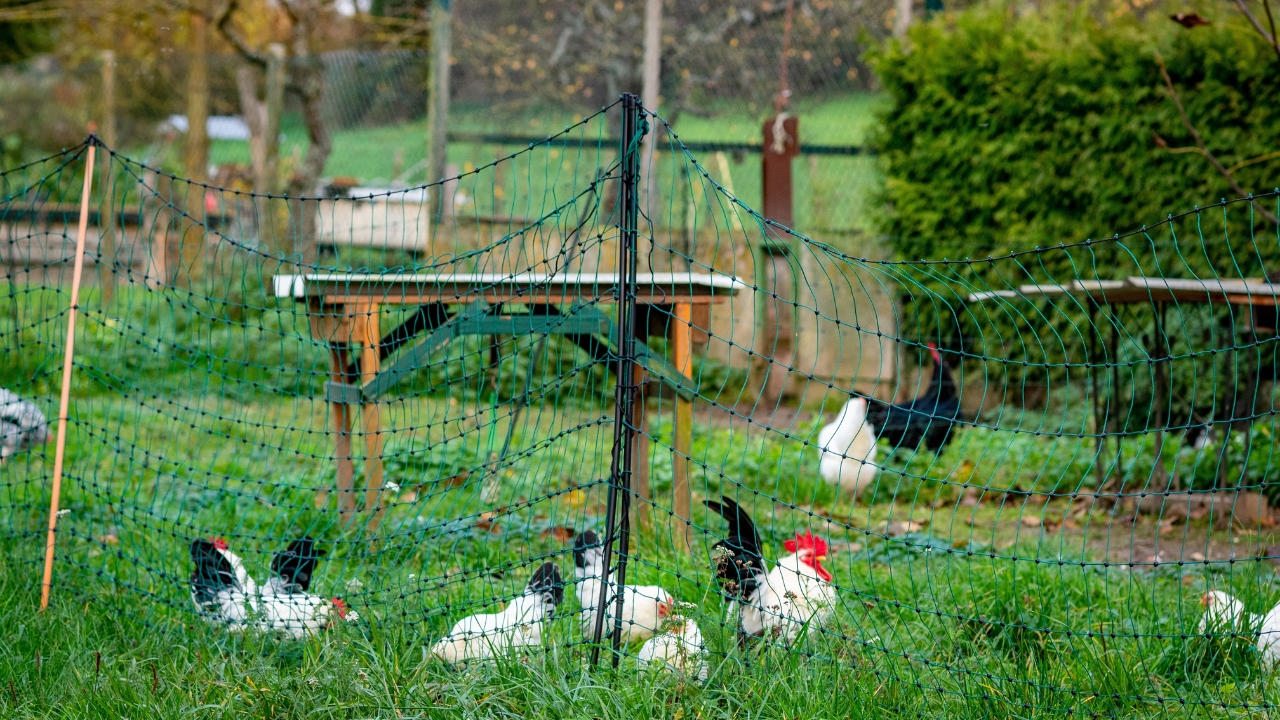
If a predator can break into your coop, you can bet it will. Flimsy fencing, gaps in the structure, or using materials that animals can chew through are all big mistakes. Raccoons, foxes, and weasels are persistent, and if there’s a way in, they’ll find it.
Use hardware cloth instead of chicken wire—chicken wire keeps birds in, but it won’t stop a determined predator. Bury fencing at least a foot underground to keep animals from digging under, and check for weak spots regularly. A secure coop is the only thing standing between your chickens and a nighttime massacre.
Lack of ventilation
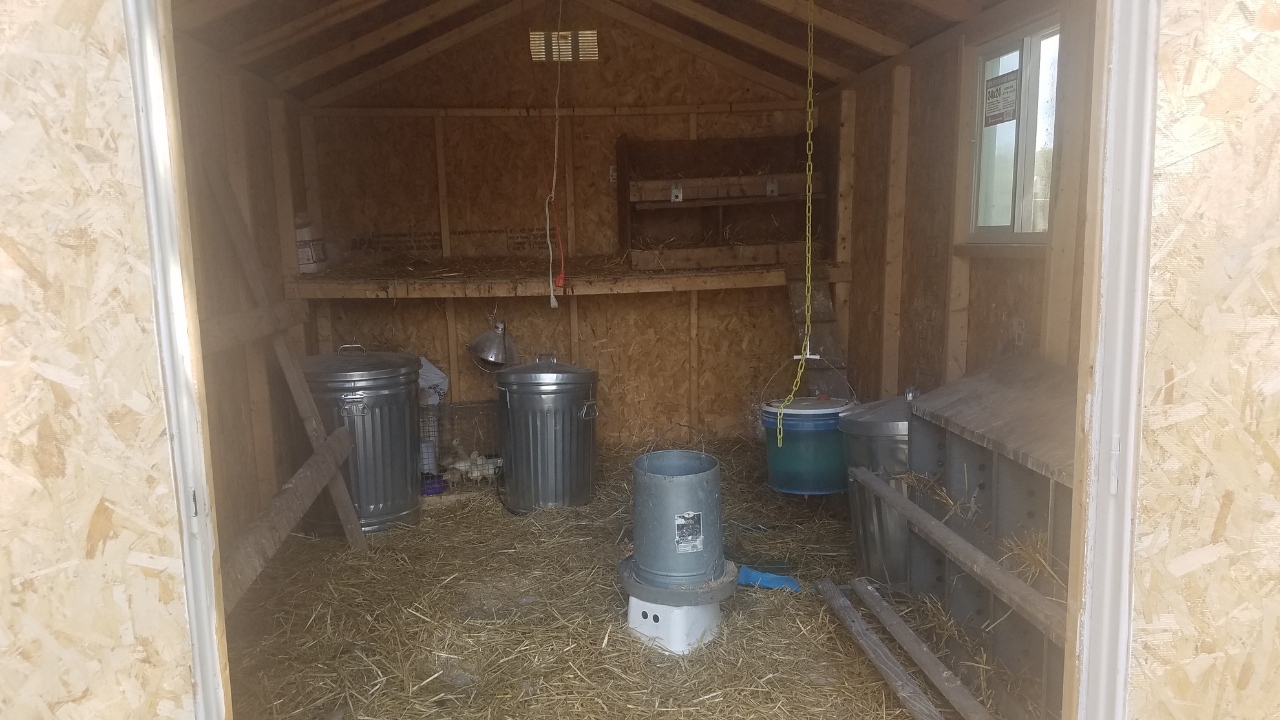
A poorly ventilated coop is a breeding ground for respiratory issues. Chickens produce a lot of moisture, and without airflow, that moisture builds up fast. Ammonia from their droppings also accumulates, which can burn their lungs and cause serious health problems.
Ventilation doesn’t mean drafts, though. Openings should be placed higher up to allow heat and moisture to escape while keeping cold air from blowing directly on the birds. Wire-covered vents or windows work well, but they need to be predator-proof.
Overcrowding the coop

Packing too many birds into a small space is asking for trouble. Overcrowding leads to stress, which means more pecking, bullying, and even feather plucking. It also increases the risk of disease since waste piles up faster, and bacteria thrive in tight quarters.
Each chicken needs at least four square feet inside the coop and about ten square feet in an outdoor run. More space is always better. If your birds don’t have enough room, you’ll see health issues and aggression in no time.
Ignoring moisture control
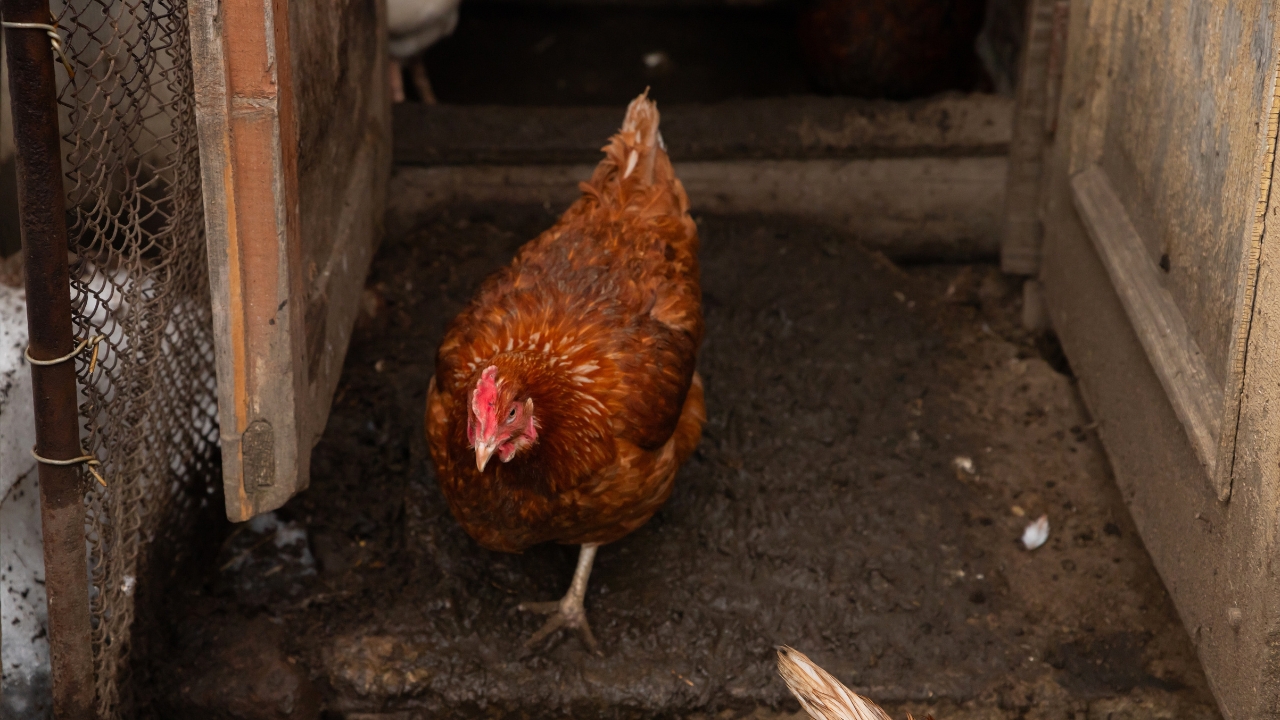
A damp coop is a dangerous coop. Wet bedding leads to mold, bacteria, and parasites like mites and lice. It also makes the coop smell worse and can cause serious foot problems like bumblefoot.
Make sure your coop is well-drained and that waterers aren’t leaking. Use absorbent bedding like pine shavings, and replace wet spots often. If your area gets a lot of rain, adding a sloped roof and raising the coop off the ground can help keep things dry.
Using toxic materials

Some materials that seem fine can actually harm your birds. Pressure-treated wood, for example, contains chemicals that can be toxic if pecked at. Certain paints, sealants, and plastics also release fumes or chemicals that aren’t safe for chickens.
If you’re building a coop, stick to untreated wood and use non-toxic paints or sealants. Avoid anything with strong fumes, and make sure all materials are sturdy enough to handle the pecking and scratching chickens do every day.
Not protecting against burrowing predators

Most people think about predators coming in from above or through fencing, but plenty of them will dig under the coop too. Rats, weasels, foxes, and even coyotes will tunnel under if there’s no barrier stopping them.
The best defense is burying hardware cloth or welded wire at least a foot deep around the perimeter. You can also place a predator apron—a horizontal section of wire fencing extending outward from the base of the coop—to make digging under impossible.
Neglecting regular cleaning

A dirty coop isn’t just unpleasant—it’s a major health risk. Built-up waste attracts flies, rodents, and parasites, and it creates the perfect environment for bacteria and disease.
At a minimum, droppings should be removed weekly, and deep cleaning should happen every few months. Using sand as bedding can make daily cleanup easier, but no matter what material you use, keeping things dry and fresh is key to a healthy flock.
Poor roost placement
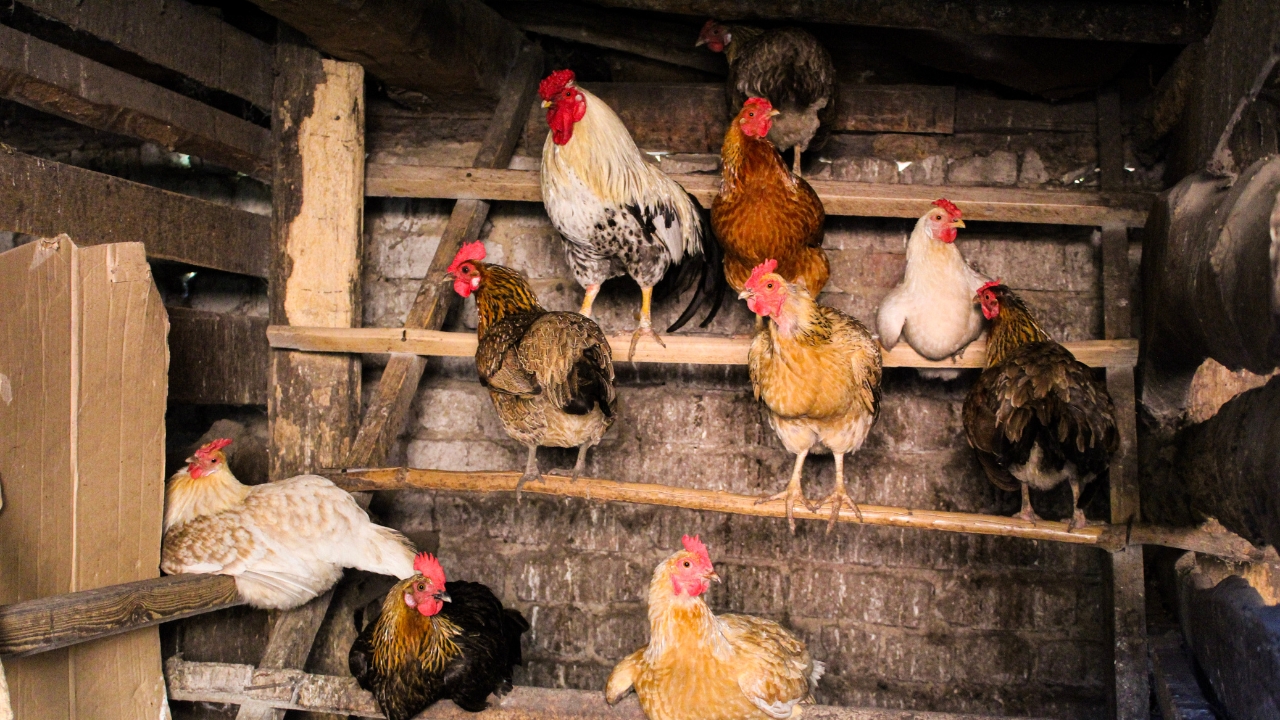
Chickens instinctively sleep on roosts, and if those roosts are too low or too close together, it can cause issues. If they’re too low, birds will sleep in their bedding, which leads to dirty, unhealthy chickens. If they’re packed too tightly, they’ll fight for space, leading to pecking injuries.
Roosts should be at least two feet off the ground and spaced about a foot apart. Using rounded edges instead of sharp corners makes it easier for chickens to grip, and setting up a ladder-style roost can help prevent squabbles over the highest spots.
Failing to provide proper nesting boxes

If your hens don’t have good nesting boxes, they’ll lay eggs wherever they feel like it—under roosts, in corners, or even outside the coop. This leads to dirty, broken, or lost eggs, and in some cases, it can even encourage egg-eating.
Each nesting box should be about 12×12 inches and placed in a quiet, darker area of the coop. Line them with soft bedding like straw or pine shavings, and keep at least one box for every four hens.
Leaving food and water exposed overnight

Leaving feed and water out overnight is the fastest way to attract rats and other pests. Rodents not only eat the food but also contaminate it with droppings, putting your flock at risk for disease.
Always store feed in sealed metal containers and remove excess food at night. If you have automatic waterers, check them regularly to make sure they aren’t leaking. A rodent problem is a nightmare to get rid of once it starts, so prevention is your best bet.
*This article was developed with AI-powered tools and has been carefully reviewed by our editors.

